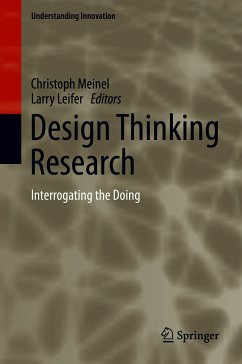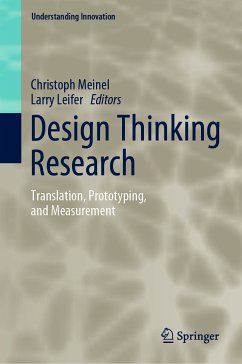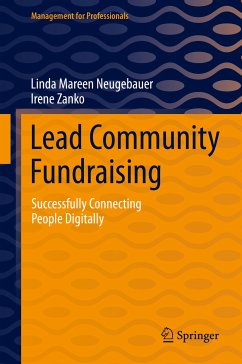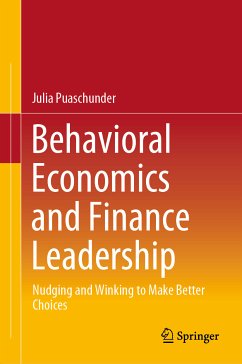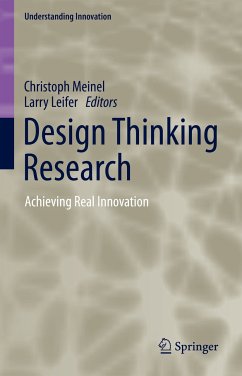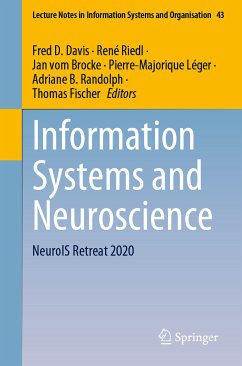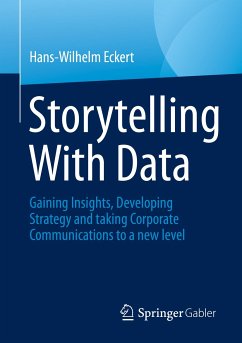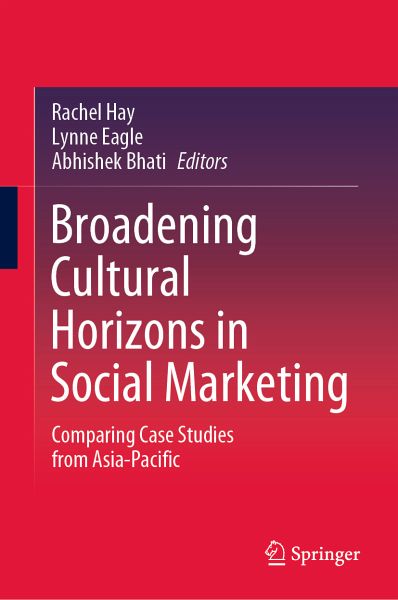
Broadening Cultural Horizons in Social Marketing (eBook, PDF)
Comparing Case Studies from Asia-Pacific
Redaktion: Hay, Rachel; Bhati, Abhishek; Eagle, Lynne
Versandkostenfrei!
Sofort per Download lieferbar
112,95 €
inkl. MwSt.
Weitere Ausgaben:

PAYBACK Punkte
56 °P sammeln!
This book presents a series of empirically-based case studies conducted by social change scholars from Asia-Pacific, showcasing the latest social marketing approaches geared at improving societal well-being in the region. Cutting across cultural perspectives, the contents gather ideas on social marketing campaigns and strategies from around the region, and use these case studies as a platform to address concomitant challenges in employing marketing tools to positively change social behaviour. The selection of case studies cover and compare aspects of public health and well-being, and public en...
This book presents a series of empirically-based case studies conducted by social change scholars from Asia-Pacific, showcasing the latest social marketing approaches geared at improving societal well-being in the region. Cutting across cultural perspectives, the contents gather ideas on social marketing campaigns and strategies from around the region, and use these case studies as a platform to address concomitant challenges in employing marketing tools to positively change social behaviour. The selection of case studies cover and compare aspects of public health and well-being, and public environmental consciousness in terms of driving attitudes towards implementing improved sustainability in developing and developed countries. Drawing on related policies and legislation, and examining social behaviour at the individual, community and organisational levels, the authors propose innovative new methods in social marketing and social change research. The book will be of interestto researchers and practitioners in social marketing, business ethics, behavioural science, public health, and development studies.
Dieser Download kann aus rechtlichen Gründen nur mit Rechnungsadresse in A, B, BG, CY, CZ, D, DK, EW, E, FIN, F, GR, HR, H, IRL, I, LT, L, LR, M, NL, PL, P, R, S, SLO, SK ausgeliefert werden.




